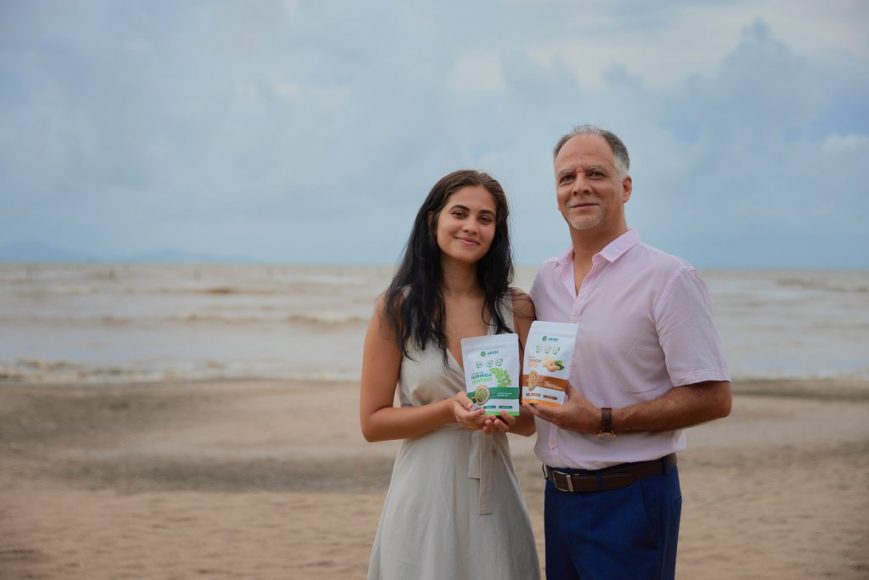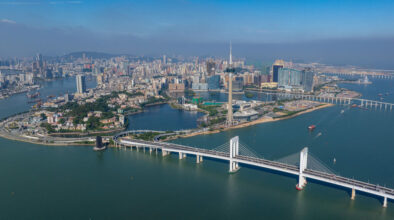Macao and Mozambique may be oceans apart but they share a common Portuguese heritage supported by centuries of international trade. Pilot and social entrepreneur Rui Manuel Pereira personifies these connections.
Born in Portugal, Pereira was raised in Mozambique and can trace his family line back to Goa when it was still a Portuguese colony in what’s now India. For the past two decades, he’s made Macao his home but hasn’t forgotten his roots. In fact, he has successfully managed to link his two favourite places with his pioneering, family-run social enterprise: Ekithi Agrícola.
Pereira launched Ekithi, which means “Green from Nature” in Swahili, in 2017. The company specialises in superfoods – think cashew nuts, moringa and peanuts, with dried mangoes coming soon – cultivated naturally in Mozambique.
Ekithi, which sells its products online and in Macao, is not only a platform for trade and business between Portuguese-speaking territories, but also a social enterprise that aims to elevate underprivileged farmers in Mozambique
An idea takes flight
Ekithi’s focus on nature, sustainability and superfood ingredients is not surprising. Pereira grew up on the Island of Mozambique, a UNESCO World Heritage Site that lies in the Indian Ocean off Mozambique’s northern coast. The mainland is also scenic, with wide open fields, untouched wilderness and year-round blue skies. Growing up amid such landscapes inspired Pereira to treasure nature’s bounty from a young age.
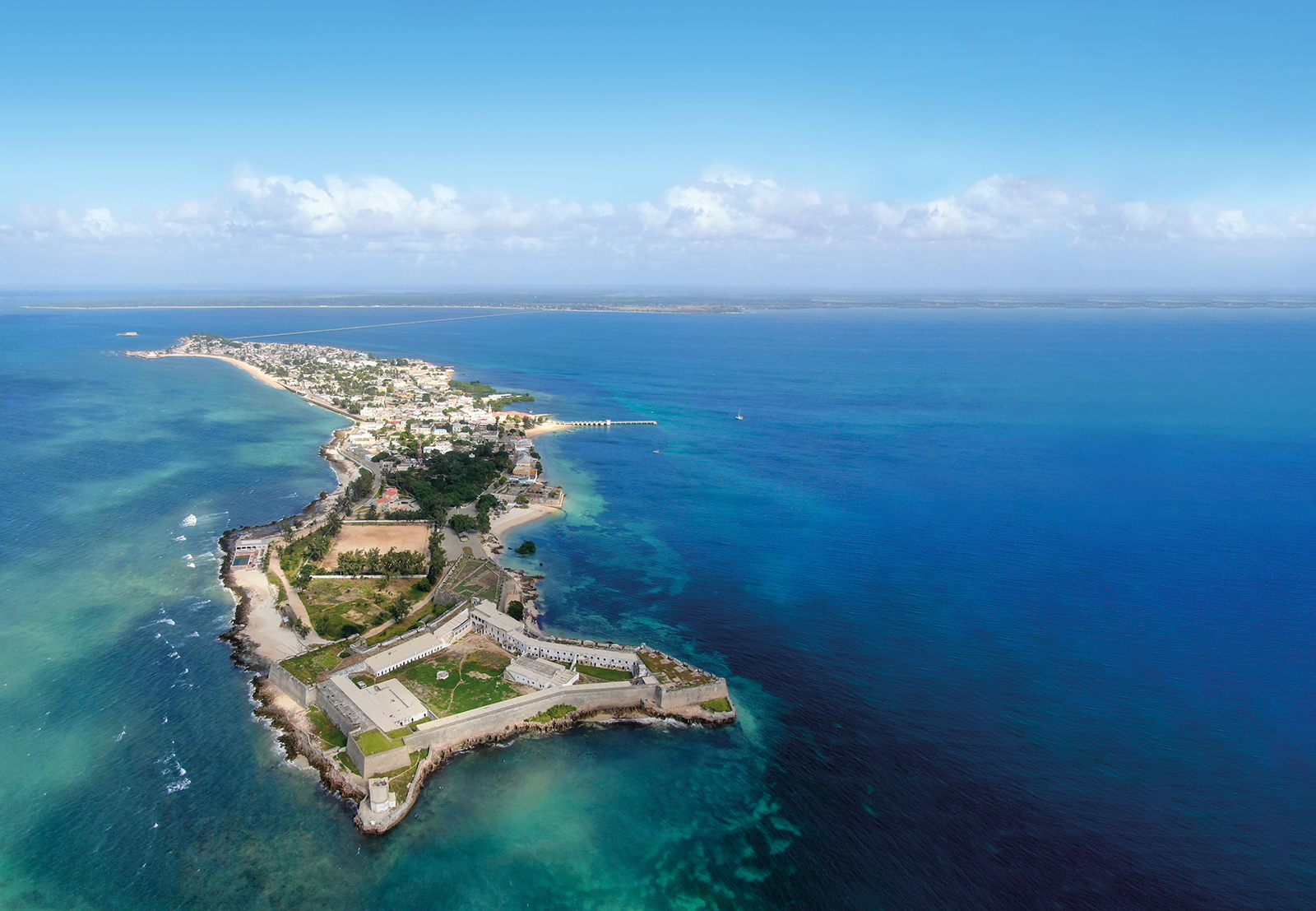
Exploration became a major theme in his life and, as a young adult, he took up flying. Pereira completed flight training and earned his Mozambican aviation licence while still a teenager. At the age of 19, he started piloting small planes, followed by a 10-year stint at Linhas Aéreas de Moçambique before earning his European aviation licence, which is valid internationally.
While in Portugal for training, he met Air Macau pilots who suggested he visit Macao. “Macao is a nice place – small and quiet – like village life in a city,” he recalls them saying. In 2002, he moved to the city and, after undergoing a 40-day training course at the Airbus aviation centre in Beijing, Pereira’s family joined him. Pereira, who was promoted to Air Macau captain in 2005, has been in Macao for nearly 20 years.
In his new home, inspiration struck. Pereira realised he could build a bridge between Asia and Africa, as well as a platform for social good by tapping into his love for the environment. “Nature is so beautiful in Mozambique,” says Pereira. “It is our duty to protect the land surrounding us.”
fThe Pereira family already owned a farm on mainland Mozambique, as well as properties on both the mainland and the island. The local people had fewer resources than those on the island so Pereira’s father built a small community with a primary school, a healthcare centre and four wells that provide clean drinking water.
When his health began to deteriorate, Pereira’s father – a history professor at Maputo’s Universidade Eduardo Mondlane – passed the baton. “It’s your turn,” Pereira recalls his father saying. Upon inheriting 850 hectares in 2017, the pilot knew he had to continue improving living conditions in the villages.
That first year, Pereira got to know the land and people by driving across the property on his annual visit to Mozambique. “That’s when we started thinking about selling the natural products planted by the local communities on the mainland in Macao,” recalls Pereira.
If he exported the locally produced nuts and plants, Pereira reasoned, he could invest more in the community and encourage sustainable, natural farming practices. “We hoped to improve their living conditions, and provide better farming tools and methods they can benefit from,” he says of the plan.
To kick start the business, Pereira invested around US$50,000 (roughly MOP 400,540) initially followed by another US$35,000 (about MOP 280,380) on new infrastructure and processing power on the family farm. He visited Mozambique four times a year until Ekithi officially launched. He also farmed alongside the village residents, which surprised them, as he recalls.
Ekithi is a truly family-run enterprise, with Pereira’s daughter, Luana Neto Pereira, and sisters in Mozambique joining the venture early on. “We have a nutritionist, an environmentalist and an agronomist [in our family] – all of whom are looking after this project,” he adds.
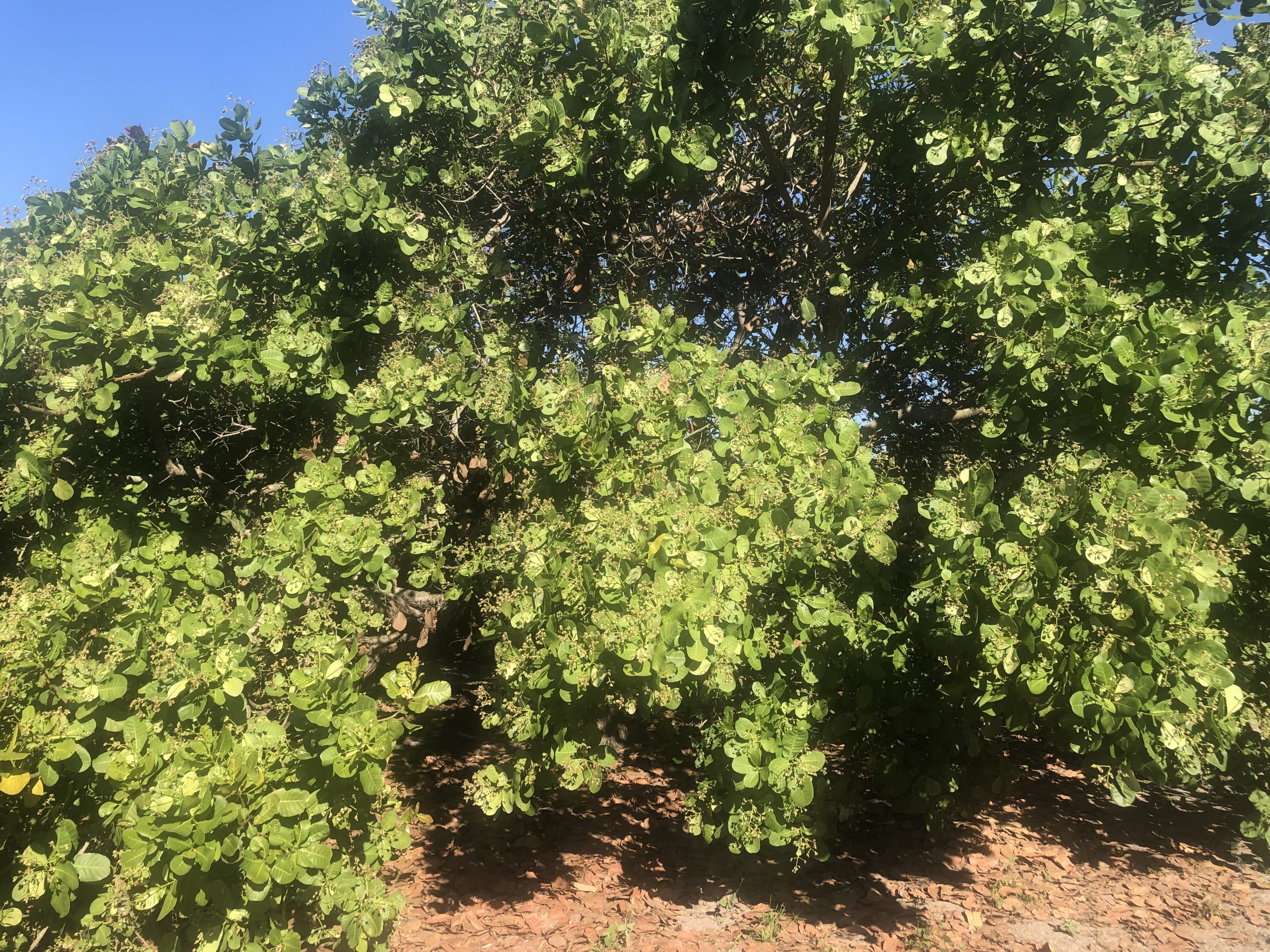
Farming for good
The majority of the farming takes place in Ampapa, a locality in the Mozambique Island district (which is on the mainland). In this area, residents rely on fishing as their major source of income, but struggle to survive during the off-season. “There are about a hundred families who previously [made a living] from fishing and now work [on our farms],” Pereira says.
Around 20,000 people have lived on the land for centuries and the Pereiras do not charge rent. The families can also use Ekithi’s seeds, tools and chemical-free organic insecticide from Ekithi to cultivate crops for their personal consumption. Ekhiti has 1,000 adult cashew trees and another 4,000 have recently been planted. Each tree can yield up to 7-11 kilogrammes of raw cashews per year; of which they keep 2kg per tree to export to Macao.
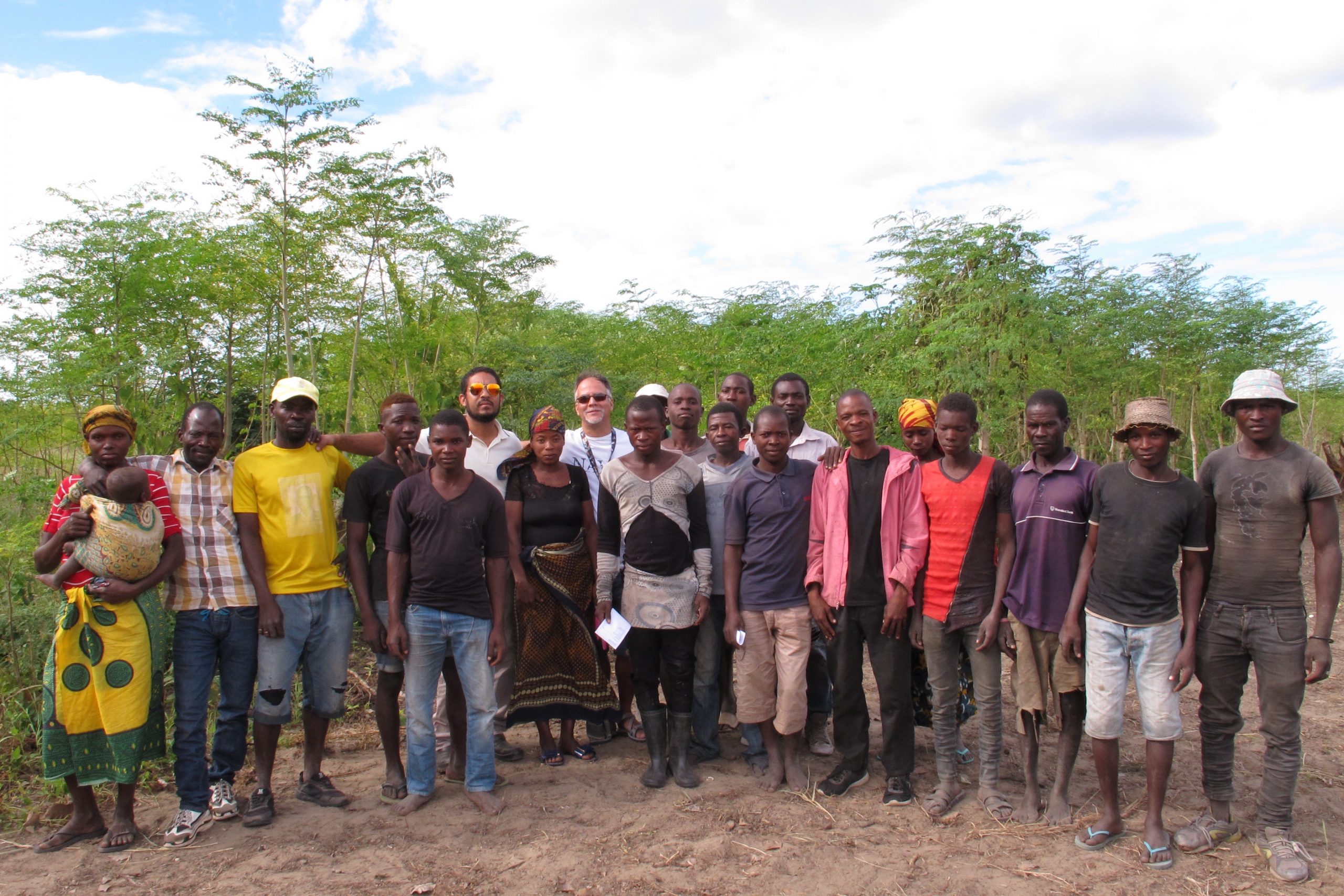
“If [the farmers] use our spray, they don’t use any chemical pesticides,” says Pereira’s daughter, Luana, who is a company shareholder. “We can then buy their products to increase the volume of our production.”
If the farmers have excess produce, Ekithi will also buy it from them and sell it abroad. Local families often send children or teenagers to sell any extra crops on the streets. So this arrangement not only provides additional income for the families but also keeps children in school.
Thanks to the efforts to keep the produce chemical-free, two NGOs began supporting Ekithi and the local communities living on the land. One is OIKOS, which grants funds annually to improve the living conditions for those working on sustainable, environmentally conscious projects. The other, Helpo, invests in training to improve the living standards of vulnerable communities.
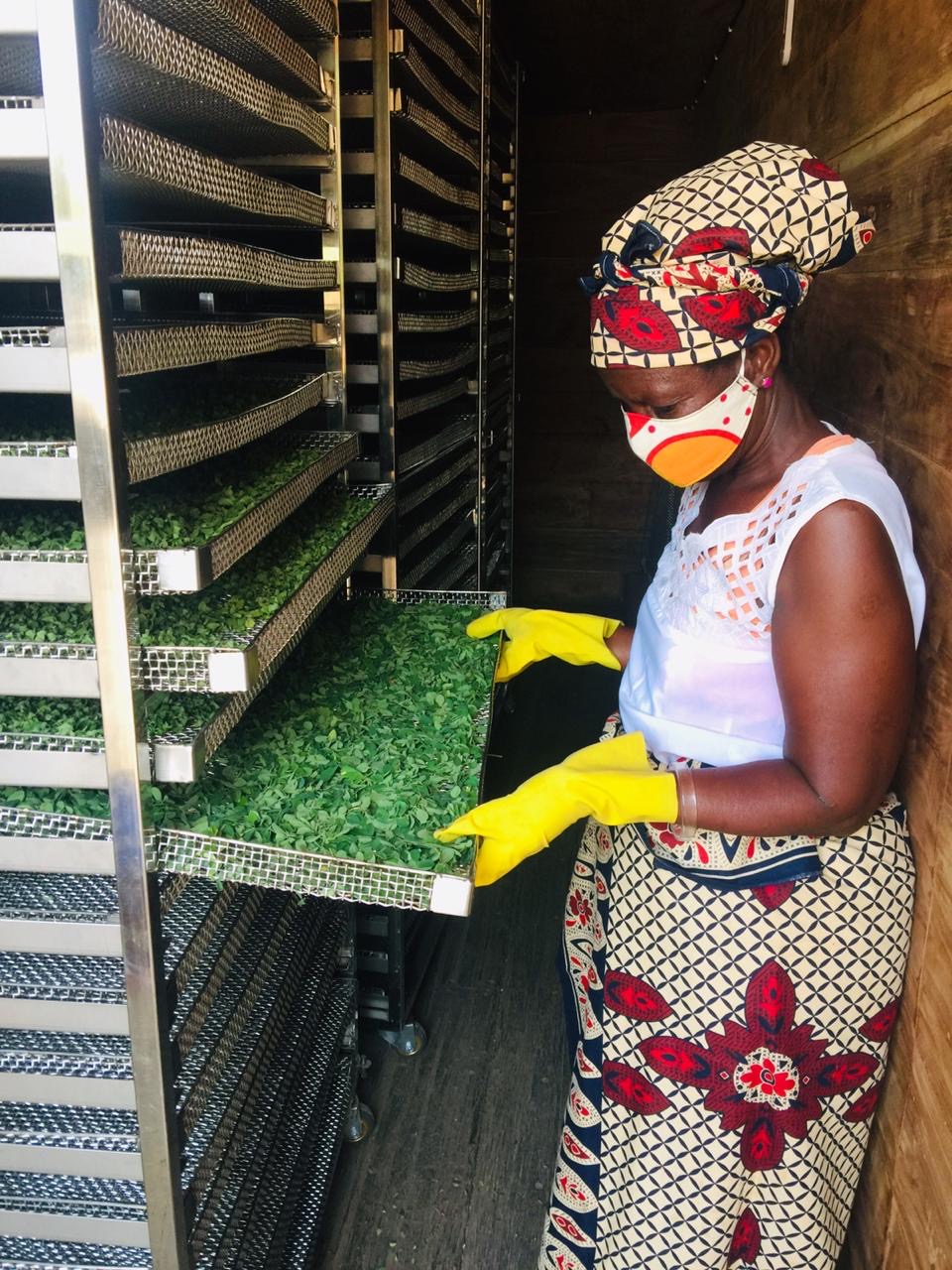
Luana Pereira says Ekithi strives to support the community with a sustainable business that everyone can contribute to. This year, for example, Ekithi sprayed the cashew trees of five farmers (each of whom has anywhere from 50 to 300 trees) with an organic insecticide. “We also aim to promote a healthy lifestyle,” she says, alluding to the nutritional value of the plants they cultivate.
The family also improved its production processes in terms of energy consumption since launching in 2017. Currently, they use 80 per cent solar energy, and the family hopes to reach nearly 100 per cent soon. Over time, Ekithi strives to provide a small solar panel for each family in the community, build clay brick homes for villagers and support the Ampapa Primary School. They also hope to strengthen trade relationships between China and Portuguese-speaking countries and provide a platform for social welfare in the process.
“My dad told me as I was growing up that ‘You cannot live well if people around you have nothing – if you have breakfast and your friend doesn’t have anything to eat, share’,” recalls Rui Pereira. He says this lesson in generosity guides the family and serves as the foundation behind Ekithi: “We must use what our land has to offer and give back to the people who look after it with so much care.”
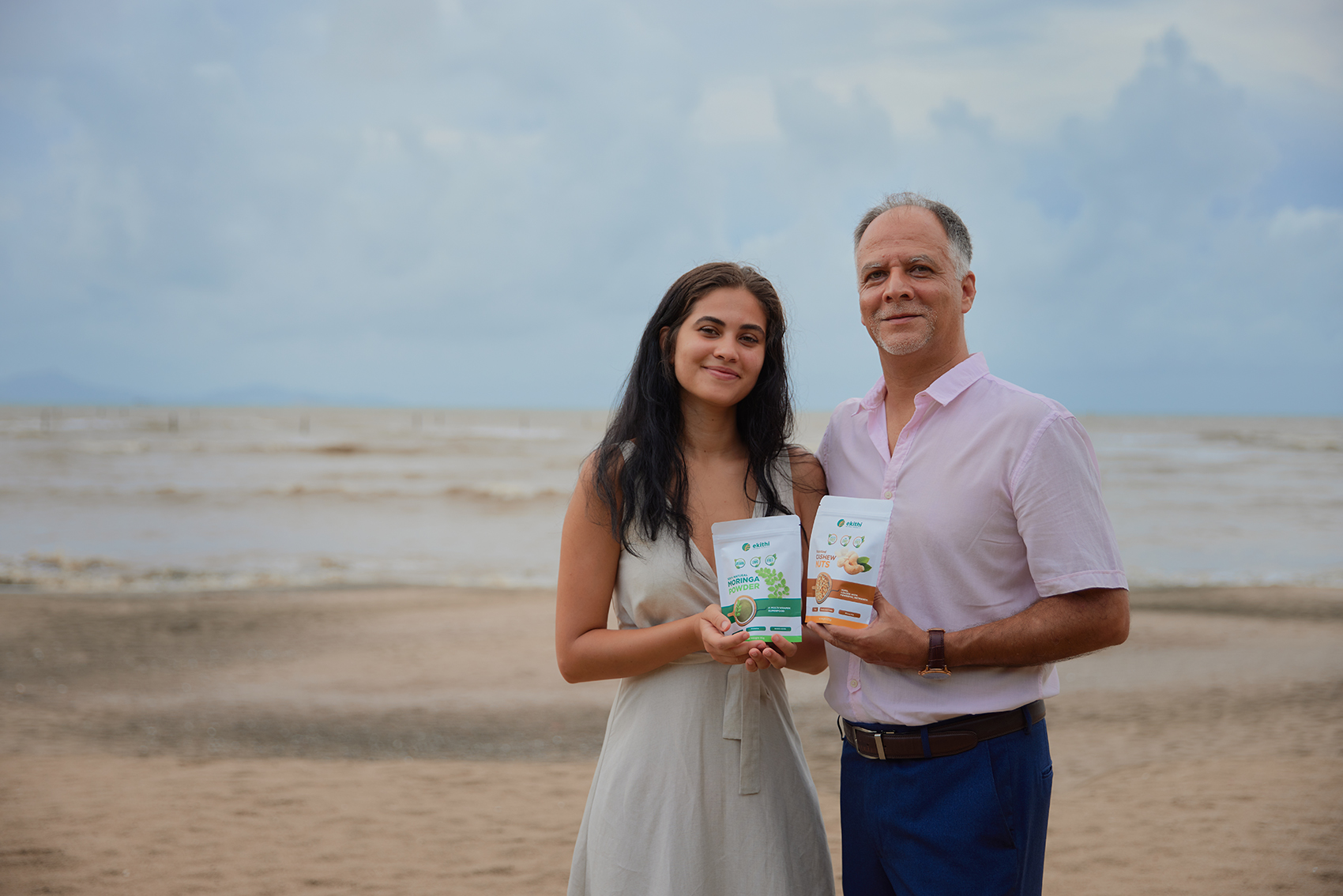
What is Moringa?
The Moringa oleifera plant – known by some as the “Miracle Tree” or “Tree of Life” – is native to northern India and parts of Asia and Africa, growing as tall as 12 metres. The plant often appears in folk medicine to treat diabetes, joint pain and cancer, among other ailments.
It’s a pantry staple in Southeast Asian countries and Africa. Packed with more vitamin C than an orange and more potassium than a banana, moringa leaves (and flowers) are often brewed into a soup or eaten raw. They also contain calcium, protein, iron, and amino acids that support muscle growth and healing.
Moringa Health Benefits
While researchers have only tested plant extracts on animals thus far, early studies point to the following health benefits:
- Insulin-like proteins within moringa may lower blood sugar, which can benefit those with diabetes.
- Leaf extracts can slow the growth of pancreatic cancer cells.
- Antioxidants found in the plant may help with stress, inflammation and memory.
